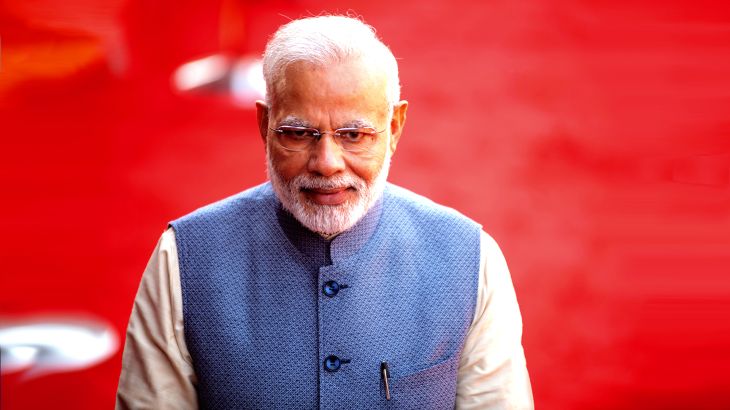
Ghosts of Gujarat: India bans the BBC’s Modi film
A BBC documentary examining PM Narendra Modi’s role in the 2002 Gujarat riots causes a media maelstrom in India. Plus, the UK press vs the labour movement.
The Indian government’s decision to ban a BBC documentary about Prime Minister Narendra Modi’s role in the 2002 Gujarat riots, which left more than a thousand people dead, has become its own story.
It has drawn global attention to Modi’s record in office and the subsequent decline of media freedom in the world’s largest democracy.
Keep reading
list of 4 itemsChina trying to develop world ‘built on censorship and surveillance’
Pakistan says it blocked social media platform X over ‘national security’
Media feel pressure to tell ‘positive’ China story as party tightens grip
Contributors:
Maya Mirchandani – Journalist, The Wire
Mitali Saran – Writer and columnist
Shruti Kapila – Professor of Indian history and global political thought, University of Cambridge
Sanjay Kapoor – Editor, HardNews Magazine
On our radar:
Investigations by Open Democracy and the Financial Times have uncovered how libel lawyers in London helped Yevgeny Prigozhin, the head of the Wagner mercenary group and one of Vladimir Putin’s key allies, to go after his critics, including journalists, in the British courts. Producer Tariq Nafi talks us through the findings.
Striking Back: United Kingdom’s unions vs the media
With the United Kingdom in a state of political disarray, a wave of work stoppages has put trade unions, and the media’s treatment of them, into the spotlight. One particular union leader, Mick Lynch, has flipped the script, putting journalists on the defensive for their habitual anti-union approach. Daniel Turi reports on the coverage of labour issues in the British media.
Contributors:
Aditya Chakrabortty – Senior economics commentator, The Guardian
Julia Langdon – Former political editor, The Sunday Telegraph; former political editor, The Daily Mirror; chairwoman, British Journalism Review
Nicholas Jones – Former industrial correspondent, BBC
Mick Lynch – General secretary, RMT Union